Erdoğan’s Türkiye, stet
Türkiye has seen steady development under the leadership of Recep Erdoğan despite domestic and international crises and a difficult neighbourhood. It now has a solid middle class that has voted Erdoğan back as President.
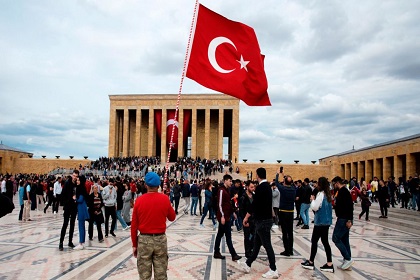 Courtesy: Hey Tripster
Courtesy: Hey Tripster
Türkiye has seen steady development under the leadership of Recep Erdoğan despite domestic and international crises and a difficult neighbourhood. It now has a solid middle class that has voted Erdoğan back as President.
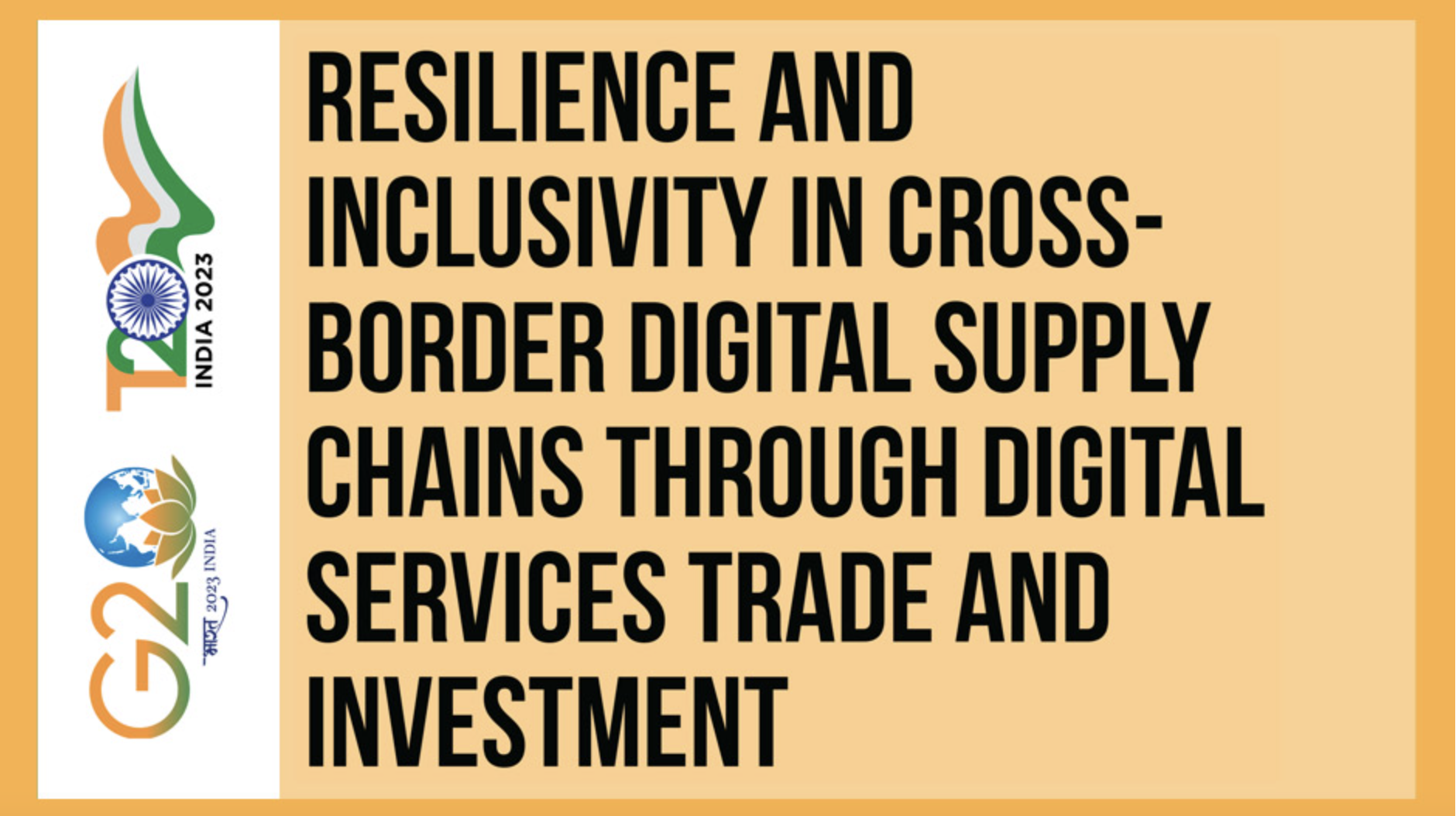 Courtesy: T20 India
Courtesy: T20 India
Digital services innovation has contributed to inclusive global trade and development. However, governance regimes around digital regulation are still fledgling. This Policy Brief makes recommendations to boost implementation of digital regulatory good practices for interoperability and development of the required governance.
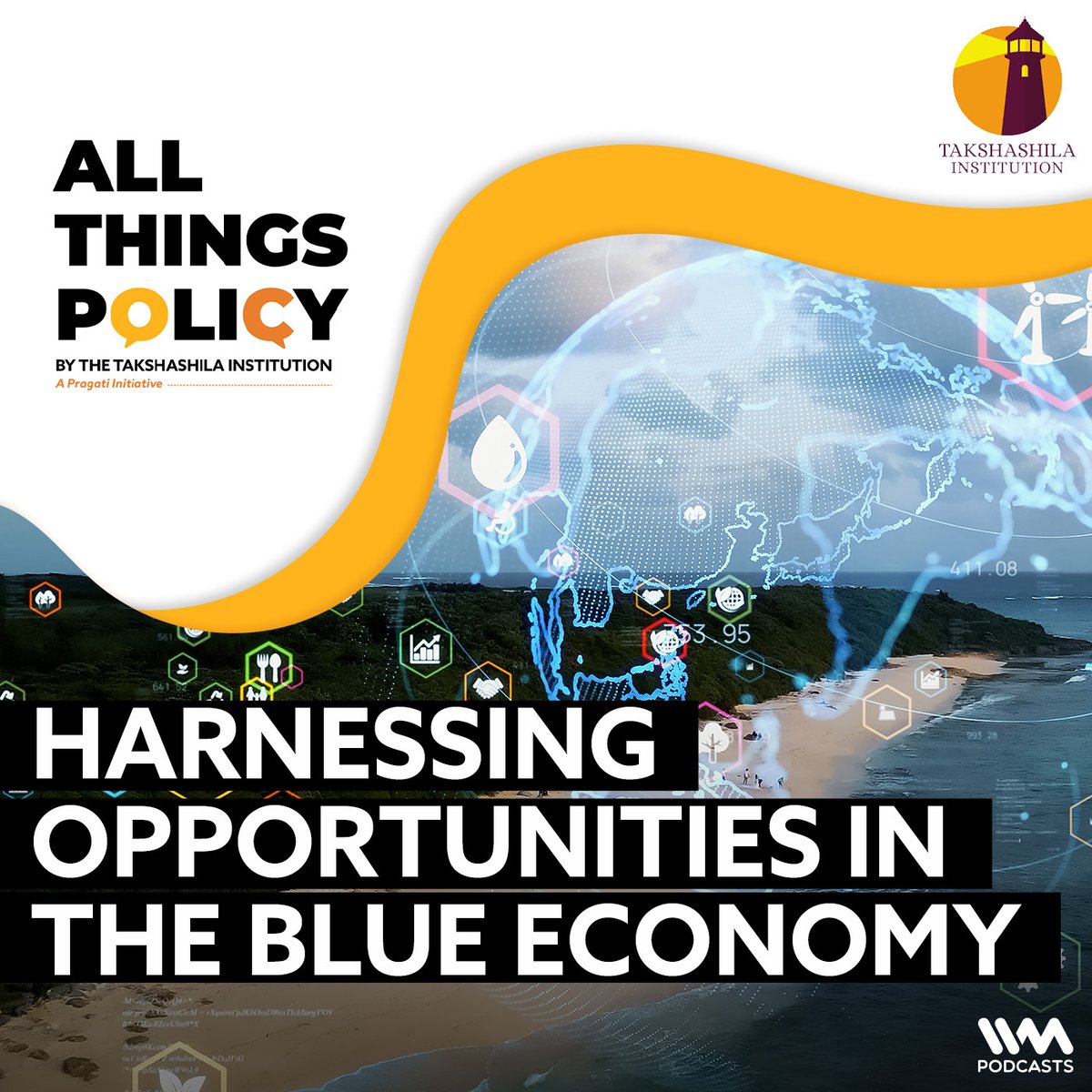 Courtesy: Takshashila Foundation
Courtesy: Takshashila Foundation
On May 30, Rajiv Bhatia, Distinguished Fellow for Foreign Policy Studies, Gateway House, and Chair of the FICCI Task Force on Blue Economy spoke with Carl Jaison at the Takshashila Institution on India’s national efforts to harness the Blue Economy sectors. They discussed it the draft National Policy on Blue Economy developed by the NITI Aayong, the role of the private sector, the opportunities and challenges in the key and allied sectors, and potential areas of collaboration for the G20 countries.
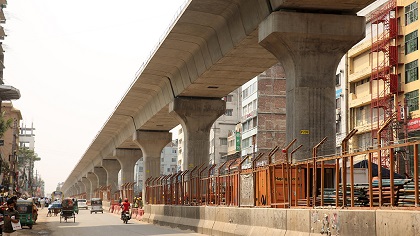 Courtesy: Dhaka Tribune
Courtesy: Dhaka Tribune
Dhaka recently hosted the Indian Ocean Conference 2023, a multi-country event featuring speakers and participants from the Indian Ocean countries. In recent years, Bangladesh has gone from a ‘basket-case’ to a case study in progress, and across Dhaka are signs of a city undergoing dramatic change.
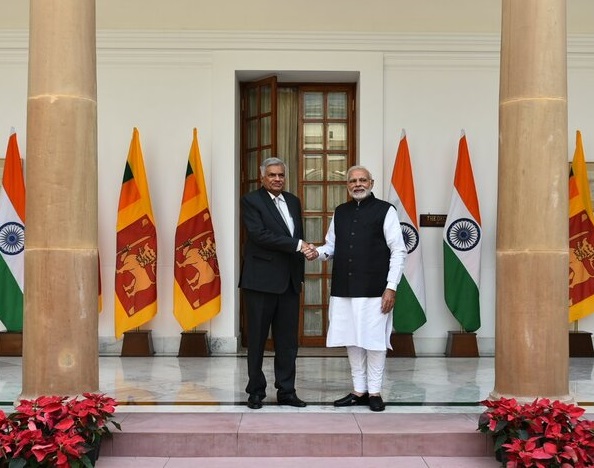 Courtesy: Business World
Courtesy: Business World
The Sri Lankan economy is showing signs of stabilizing after experiencing the worst contraction in its history in 2022. Decisive policies by President Ranil Wickremasinghe, timely Indian aid, and an IMF Programme have laid the groundwork for a return to growth. India and Sri Lanka must now shift from an aid relationship to one which deepens bilateral trade and investment flows.
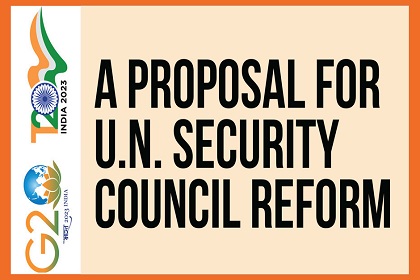 Courtesy: T20 India
Courtesy: T20 India
In this era of multiple crises eroding multilateral institutions, G20 needs to come out clearly in favour of an expanded, more democratic, more representative, and more accountable UNSC. Shifting from a bottom-up to a top-down approach, G20 leaders should consider incorporating a calibrated but forward-looking paragraph on UNSC reform in the Delhi Declaration.
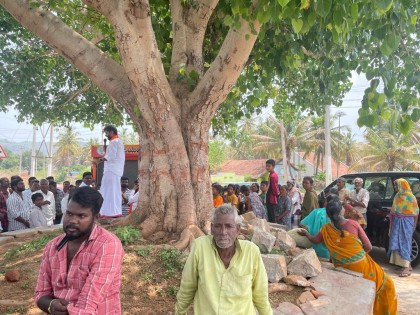 Courtesy: Manjeet Kripalani
Courtesy: Manjeet Kripalani
The political campaigning in Karnataka’s upcoming state elections is heated and hectic, but disconnected from the economic entity that is Karnataka. Few of the issues of literacy, growth, and employment in other parts of India, apply to Karnataka. For Karnataka by itself is a middle-income country in the heart of India, a “tech-driven society” with a transformational global digital economy.
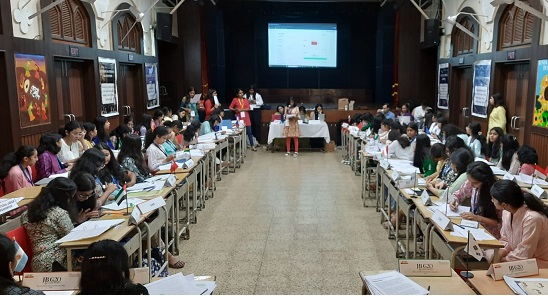 Courtesy:
Courtesy:
The simulation discussed four specific G20 topics: energy transitions, resilient cities, digital public goods and reforming multilateralism.
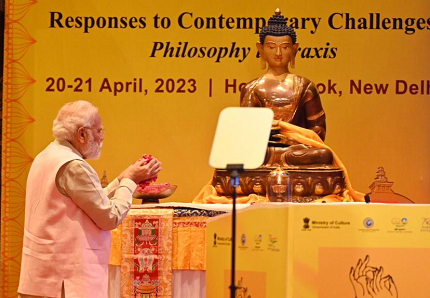 Courtesy: Twitter / Hindustan Times
Courtesy: Twitter / Hindustan Times
The first Global Buddhist Summit is being held in New Delhi this week, a continuation of India's strategic and diplomatic outreach to Buddhist countries in Asia. The Summit offers India an opportunity to deepen the dialogue on its shared, millennia-old transnational Buddhist legacy with these countries, and arrive at contemporary solutions for global conflicts using the lens of Buddha Dhamma.
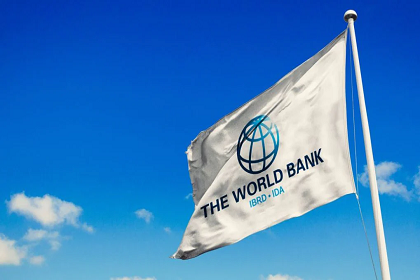 Courtesy: CNBC-TV18
Courtesy: CNBC-TV18
The World Bank has published a reform roadmap for multilateral development banks. It touches upon operational change, but in a limited way. The roadmap remains largely silent on how a 21st century World Bank can better address some of the long-standing frustrations that borrowers express about working with it and other such development banks.